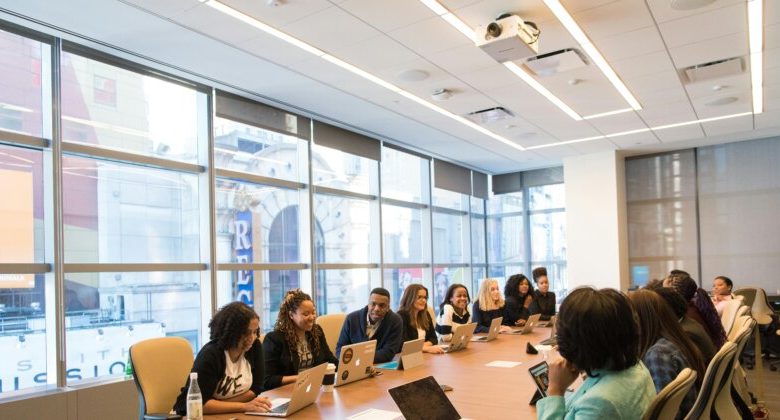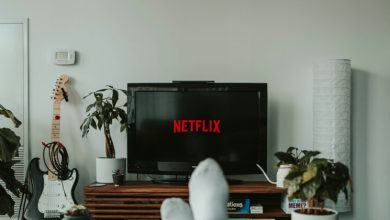How to Improve Productivity and Cognitive Energy

Distractions are everywhere. Whether you’re working from home or in the office, staying productive isn’t always easy. Meetings, chat messages, emails, and social media take your attention away from what matters.
But improving your focus is possible. It takes planning, boundaries, and a few useful habits. Here’s a guide backed by research and data that can help sharpen attention, increase output, and protect your mental energy during the workday.
Why Breaks Actually Help You Work Smarter
Taking breaks during the workday may seem like a waste of time, but it does the opposite. Research shows that short breaks can raise productivity by 13 percent. Breaks help your brain rest and recover, especially after long or complex tasks.
In one study, workers who took micro-breaks reported lower fatigue and higher energy. These mini pauses helped them stay engaged, especially during tasks that required a lot of thinking. Skipping breaks might feel efficient in the moment, but over time, it leads to mental fatigue and mistakes.
Small breaks throughout the day can help you stay steady instead of burning out fast.
Distractions That Cost You Time
Most people get distracted every day while trying to work. Data shows that nearly 9 in 10 employees face daily interruptions, and about 1 in 4 are interrupted more than six times per day. The most common distractions include:
- Checking communication tools like email or chat apps
- Unnecessary meetings
- Social media use
- Chatty colleagues
It takes over 23 minutes to return to your task after a single check of your messages. And most workers are checking those channels every six minutes. That adds up—fast.
Shutting off notifications and only checking messages at set times can help you keep your mind on your work.
Meetings: When Too Much Talking Becomes a Problem
Meetings often drain time and attention. Surveys show that workers think 71 percent of meeting time is unproductive. And most agree that more than two hours of meetings per day is too much.
Some companies have removed meetings on two days each week. As a result, internal meetings dropped by 40 percent. Fewer interruptions during those days gave employees more time to focus—and the quality of work improved.
Not every conversation needs to be a meeting. Summarizing updates in short messages or documents can keep teams aligned without wasting hours.
The Effect of Happiness and Mental Health
Productivity rises when people are happy at work. One study found that every point of increased happiness led to a 12 percent bump in productivity. But workers aren’t feeling great right now.
Job satisfaction has dropped by 8 percent since 2019. Only 11 percent say their job feels like meaningful work, and many don’t feel valued. On top of that, nearly 44 percent of office workers report feeling burned out.
Mental overload and stress make it harder to stay focused. When people feel unappreciated or pressured to work after hours, productivity drops by 20 percent. It’s not always the workload—it’s how work is organized and how people are treated.
Recharging Through Simpler Aids
Boosting focus can sometimes involve small changes. Some people chew mint gum, sip on green tea, or take short walks between tasks. Others try herbal supplements in small doses. Options like Kratom gummies, ginseng capsules, and caffeine-free drinks may gently support mental clarity. It depends on how your body responds and what your routine allows.
These aids are not solutions by themselves. But when paired with breaks, hydration, and better sleep, they can support stronger focus. The goal is to reduce mental fatigue without overloading your system or distracting from the task at hand.
The Overload of Collaboration
Since 2022, time spent collaborating has grown by 27 percent. That includes meetings, email replies, and team discussions. At the same time, focus time has gone down, and multitasking has gone up by 5 percent.
When too much of the day is spent talking or responding, there’s less space for actual deep work. Focus efficiency has dropped from 65 percent to 62 percent. That means workers are spending energy on tasks without completing them fully or clearly.
Limiting multitasking, setting quiet hours each day, and blocking time for solo work can rebuild focus.
Why Time Management Matters More Than You Think
Organizing your day well can reduce fatigue and boost output. Yet, 82 percent of people don’t use any formal time management system.
People now work fewer hours than in previous years. The average workday is 36 minutes shorter than it was in 2022. But despite their shorter days, workers are getting more done. The average productive session now lasts 24 minutes instead of 20.
This shows that well-planned work periods can be more effective. Setting task goals before each session helps direct your attention to one job at a time.
Remote, Office, or Hybrid: Which Works Best?
Remote workers are more productive in terms of time. They get about 29 more work minutes per day on average. But full-time office workers have slightly higher focus efficiency.
Hybrid workers often say they feel productive, but managers struggle to measure their real output. Each setup has pros and cons, so what’s most effective depends on task type and work habits.
If you work remotely, make sure your space is free of social media and home distractions. And if you’re in an office, try to carve out time alone when needed, especially if you’re in an open-plan space, which raises stress levels by over 30 percent.
Small Tools, Real Gains
Try setting timers for each task. The Pomodoro technique, which alternates 25 minutes of work with short breaks, helps many people avoid fatigue and stay focused.
The Eisenhower Matrix is another useful method. It sorts tasks into four categories based on urgency and importance. By placing your focus on high-priority work, you reduce wasted energy.
Roughly half of those who use the Eisenhower method report feeling in control of their daily tasks.
Giving Your Brain A Fighting Chance
Mental focus doesn’t only come from discipline. It also depends on rest, fuel, and clarity.
- Get 7–8 hours of sleep when possible
- Eat meals that keep energy steady, not meals that spike blood sugar
- Move your body a few times a day
- Purposely disconnect after work hours to recharge
These simple habits help your brain function better. They don’t make distractions disappear, but they raise your ability to manage them.
Final Thoughts
Improving focus isn’t about working more hours. It’s about doing the right work at the right time, in the right way. That includes setting clear goals, limiting interruptions, managing your energy, and protecting your time.
Once you build a few strong habits, focus becomes something you don’t think about—it becomes how you work.




